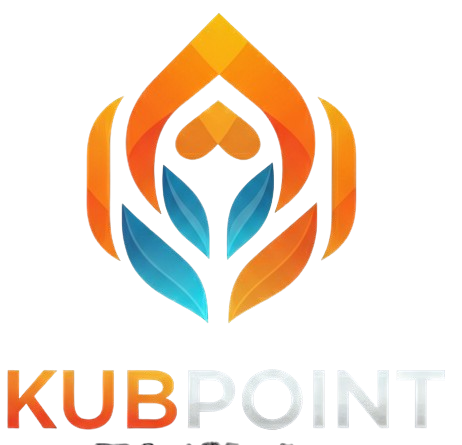GitHub Copilot Chat just got more flexible. Hugging Face released an extension that connects open-source large language models directly to VS Code’s chat interface. This means developers can now test models like Kimi K2, DeepSeek V3.1 and GLM 4.5 without leaving their editor.
How it Works
The setup is straightforward. Install the Hugging Face Copilot Chat extension, open VS Code’s chat interface, select Hugging Face as your provider, add your token, and choose your models. Once connected, you can switch between different providers and models using the same interface you’re already familiar with.
There’s one catch worth noting early: you need VS Code version 1.104.0 or newer. AI researcher Aditya Wresniyandaka pointed this out after the initial announcement, noting that the documentation missed this requirement.
Why This Matters
GitHub Copilot Chat has always used a limited set of proprietary models. Now it can tap into Hugging Face’s network of hundreds of inference providers. This provides developers with access to experimental models, specialized tools, and open-source alternatives that were previously unavailable.
Muhammad Arshad Iqbal captured the appeal: “Now we can use all those powerful open-source coding AIs right inside VS Code. No more switching tabs just to test a model like Qwen3-Coder.”
The real value is choice. Instead of being stuck with whatever GitHub provides, you can pick models optimized for specific programming languages, industries, or research areas. Want to test a model trained specifically on Rust code? Or one designed for data science workflows? Now you can do that without juggling multiple tools.
“By integrating Hugging Face’s open-source inference providers directly into VS Code’s Copilot Chat, developers gain increased flexibility and reduced workflow friction,” according to Mitch Ashley, VP and practice lead of software lifecycle engineering at The Futurum Group. “This extension accelerates experimentation, empowers domain-specific coding, and allows teams to leverage specialized models more seamlessly, making the AI-assisted dev workflow both more efficient and tailored to individual developer needs.”
The Technical Foundation
This integration runs on Hugging Face Inference Providers, a service that unifies access to machine learning models through a single API. Instead of learning different APIs for different providers, developers get one consistent interface.
Hugging Face emphasizes practical benefits: instant access to new models, no vendor lock-in, production-ready performance, and compatibility with existing OpenAI SDKs. The company also promises that switching between providers requires minimal code changes.
Pricing and Access
Hugging Face offers a free tier with monthly inference credits for experimentation. Pro, Team, and Enterprise plans provide additional capacity with pay-as-you-go pricing. The company says it passes through provider costs directly without adding markup.
This pricing structure makes sense for testing different models without committing to expensive enterprise contracts. You can experiment with specialized models, find what works for your project, then scale up if needed.
Real-World Applications
The integration opens up practical use cases that weren’t possible before. Code generation models are trained on specific frameworks. Models optimized for particular programming languages. Tools designed for domain-specific tasks like financial analysis or scientific computing.
Consider a developer working on a machine learning project. They might start with GitHub’s default models for general coding tasks, then switch to a specialized model trained on PyTorch documentation when working on neural network architecture. Or a web developer could use models optimized for React patterns when building components.
The flexibility extends to evaluation workflows as well. Teams can now compare how different models handle the same coding challenge without setting up separate testing environments.
What’s Next
This integration represents a shift toward more open AI tooling in development environments. Instead of being locked into one provider’s ecosystem, developers can mix and match tools based on what works best for specific tasks.
The move also signals growing maturity in open-source AI models. Companies like Hugging Face are betting that developers want choice and flexibility over convenience alone.
For now, the integration focuses on chat-based interactions within VS Code. But it establishes a foundation for broader AI tool integration across development workflows.
Getting Started
If you want to try this out, make sure you’re running VS Code 1.104.0 or later. Install the Hugging Face Copilot Chat extension from the marketplace. You’ll need a Hugging Face account and token to connect.
Start with the free tier to experiment with different models. Pay attention to which ones work best for your specific coding patterns and project requirements.
The integration is available now. Whether it changes how you approach AI-assisted coding depends on whether you find value in having more model options at your fingertips.

